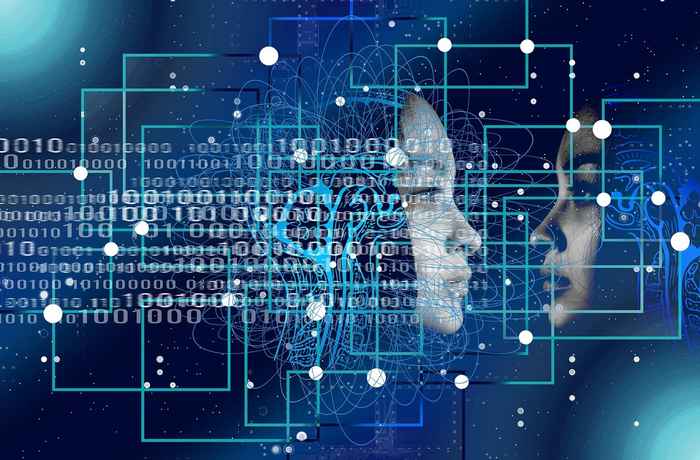European grant for research into deepfakes and infodemics
18 January 2023

The circulation of fake news is a problem of primary importance for the wellbeing of EU democracies, the researchers argue. Citizens who search for news mainly through the web are exposed to an unmanageable amount of information – an ‘infodemic’ – that facilitates the spread of conspiracies. Moreover, social groups become more and more polarized because of echo chambers in social networks. ‘It is often very difficult to distinguish, without a very specific technical knowledge, ‘true’ facts from false or biased ones’, says Russo. ‘Therefore, the problem of information reliability is more urgent than ever.’
The recent war in Ukraine has shown the importance of information and narratives in conflicts, says the researcher. ‘Another war, more subtle, is carried out on social networks and social media to steer public opinion to one side, with fake news. This leads to a strong polarization of public opinion.’
Enhancing the democratic engagement of citizens
Until now, fake news and their negative consequences have implied mainly textual contents. However, new technologies constantly raise new challenges and opportunities for democracies. Generative Adversarial Networks (GANs) are an example of these technologies: a class of neural networks capable of creating multimedia content (photos, videos, audio) that simulate real contents with extreme precision. If trained on a face, GANs are able to make it move and speak in a way hardly distinguishable from a real video. These contents are called deepfakes.
SOLARIS responds to the challenges of deepfakes and infodemics in two ways, says Russo. ‘On the one hand, we will analyse political risks associated with these technologies, to prevent negative implications for EU democracies. We want to establish regulatory innovations to detect and mitigate deepfake risks. On the other hand, we will assess the opportunities raised by GANs for enhancing the democratic engagement of citizens. We plan on co-creating, involving citizen science, value based GANs contents to boost awareness on key global topics such as climate change, gender dimension and migration.’
About SOLARIS
Research project SOLARIS (Strengthening democratic engagement through value-based generative adversarial networks) is part of the cluster 'Politics and the impact of online social networks and new media'. It involves 12 partners from 8 different countries. The UvA team consists of principal investigator Federica Russo and professors Tobias Blanke and Huub Dijstelbloem, among others.